LOCKDOWN had a considerable impact on the wider economy, but certain sectors felt the pain more than others.
Among the most notable casualties was the automotive industry. With most of the British public being advised to stay indoors for months on end, demand for new cars went into freefall – and for a while, it looked like an existential crisis for motoring in Britain.
With the lockdown now lifted, we’re now starting to see some encouraging signs.
Demand is Surging
Autotrader’s data for June indicates a strong recovery to pre-lockdown levels. This is especially noticeable in the commercial vehicle market, which has seen a 40% year-on-year increase for used vehicles.
Such a surge in demand is going to be of considerable comfort to sellers, many of whom might have been tempted to drop prices in order to drive sales. In fact, many may now be tempted to go in the other direction, and actually raise prices.
According to the online marketplace, the price of the average campervan rose from £13,128 in March to £13,402 in May – and then to £14,404 in July. This amounts to an increase of 10% on pre-lockdown prices.
Whether this continued rise will continue beyond the summer surge is difficult to predict – as is just about every aspect of the post-lockdown economy. But for now, business is booming.
The time it takes to sell a commercial vehicle has been slashed by 43% since the start of the lockdown. Similar trends have been observed in the number of calls placed to retailers, and to the number of actual leads.
This may be simply pent-up demand that will ultimately stabilise at a lower level once everyone who wanted a new car has the opportunity to buy one, and this possibility will give many a reason to wait for the situation to play out before making a big investment.
Of course, some of us may require immediate access to transport; for these people, waiting may not be an option. Certain brands, like Audi, tend to hold their value better than others, and thus they’re more suited to coming in as a temporary solution.
Cars are better than Buses
One of the key drivers behind this recovery is a widespread (and indeed, justified) belief that cars are safer than buses and trains. With fewer people sharing your airspace, the chances are hugely reduced that you’ll contract the virus when you’re commuting to and from work.
Being as this is likely to be a temporary situation, many are looking to make smaller investments in the second-hand market, and to look toward long-term leasing solutions.

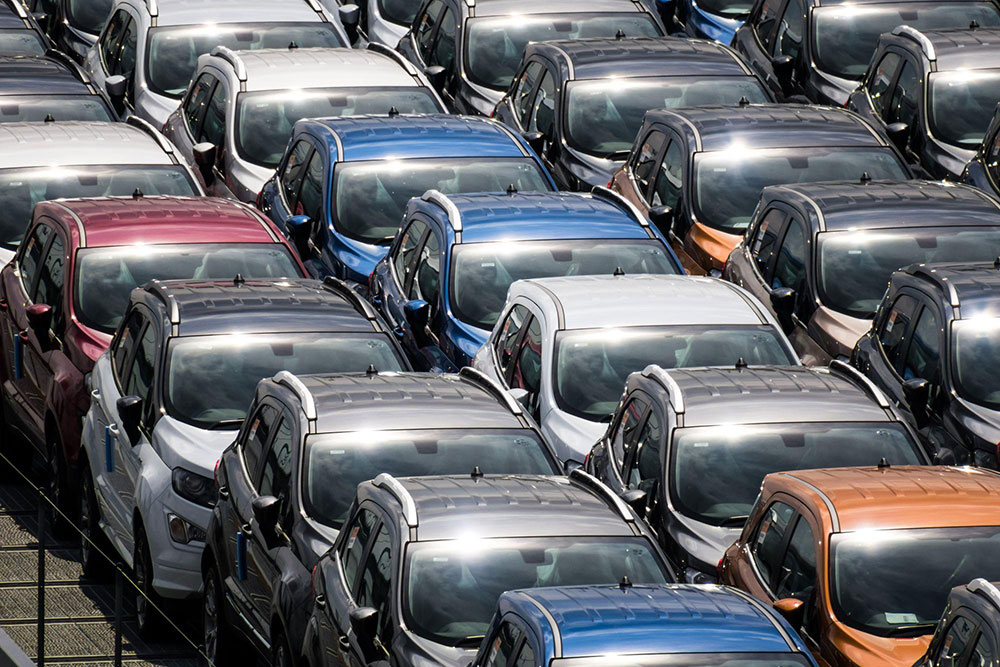

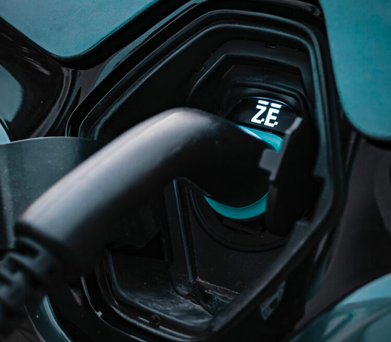
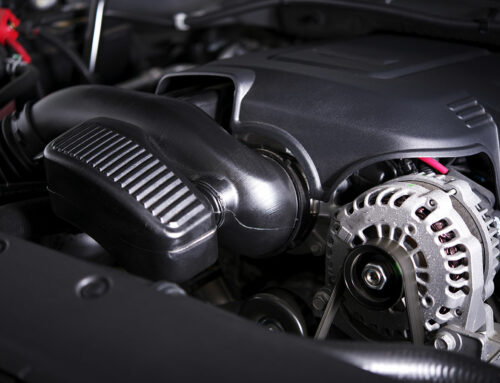

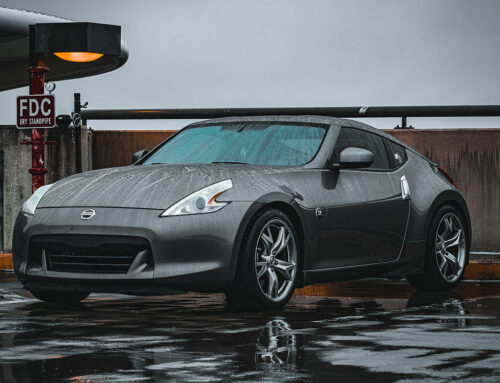
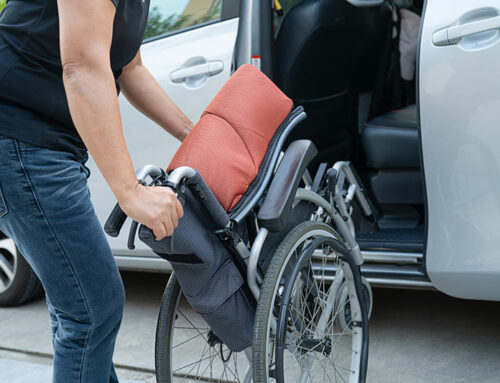

Leave A Comment